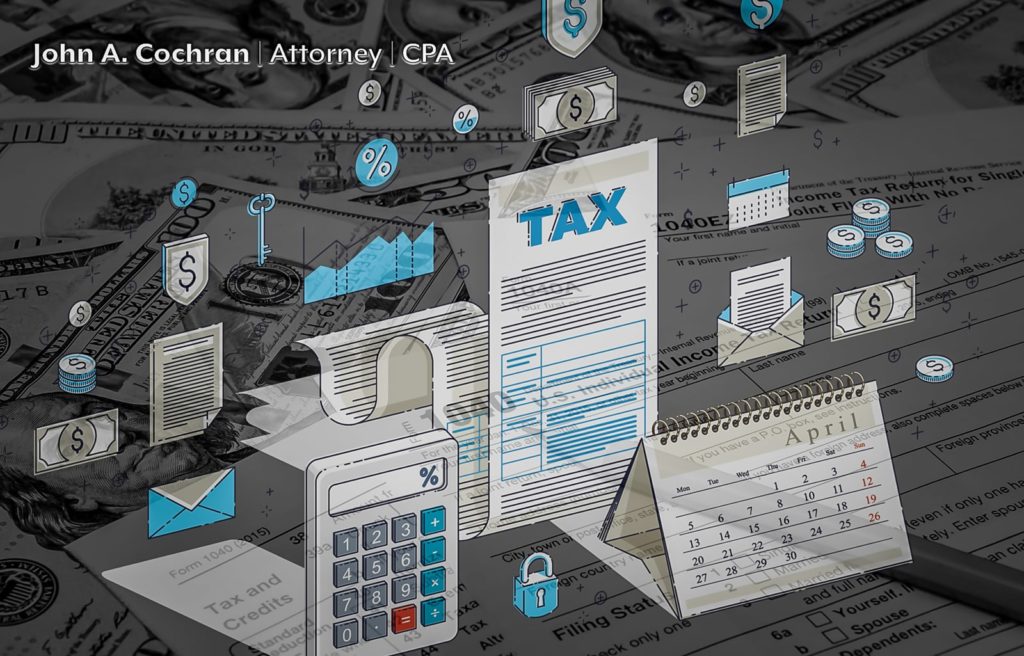
Congratulations! You made a decision to pass your company’s legacy onto someone else. Perhaps a child or a likeminded stranger will take the reins, leaving you free ride off into the sunset of retirement. Or onto your next business venture.
Of course, the IRS will tax you on the profit you make from the sale. As you prepare for this transition, minimize your tax responsibilities by considering a number of implications. Without proper guidance, you could end up paying nearly half of your sales price in taxes.
Tax Rates
Different tax rates apply depending on whether proceeds of the sale are taxed as ordinary income or capital gains. When you sell a business, you want to maximize the amount of sold assets categorized as capital gain. Buyers, for their own taxes, prefer to allocate as much of the contract sales price as ordinary income to the seller.
Like most business deals, subtle negotiating happens between the parties over the ratio of capital gains versus ordinary income. Usually, this results in a settlement that makes neither party happy, but both can live with.
Additional intricacies to consider include whether the sale is an all-cash deal or requires payment installments. Also consider whether you the sale includes assets or stocks. Finally, determined if the sale can be treated as a tax-free corporation (if between two corporations).
Prepare before Negotiations
Before you begin negotiations to sell your company, contact a law firm that specializes in tax law. I have provided tax services to businesses and individuals for many years, including advising on timing and characterizations of transactions. . Beforehand, I worked as a licensed certified public accountant and earned a master’s in taxation. Contact our office at 724-216-5180 or use our online form to see how we can help you.








